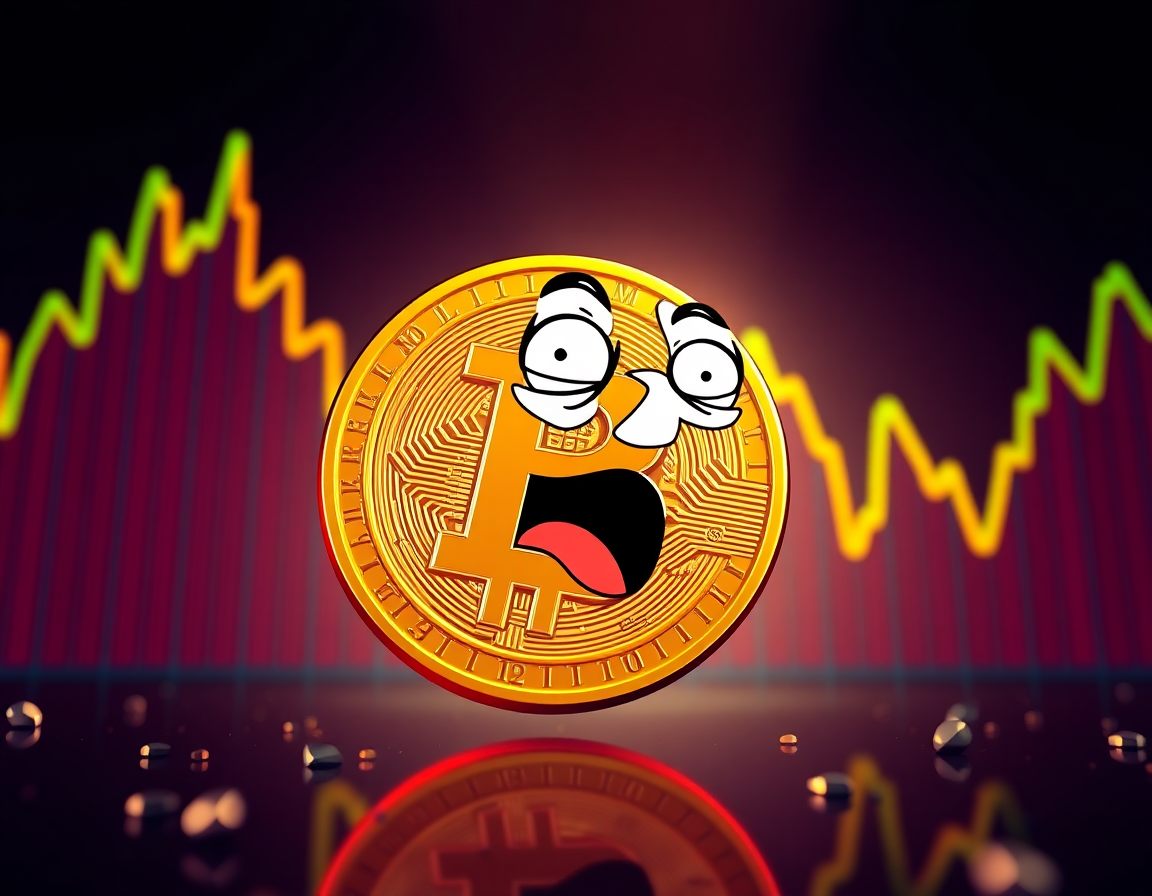In an electrifying turn of events, a financial revolution is brewing in Europe! Countries are turning their eyes towards Bitcoin, the digital gold that promises to upend centuries of economic tradition. A relentless wave of change is crashing on the shores of European finance, and the stakes couldn’t be higher.
The Bold Moves of France and Germany
In a dramatic showdown, France and Germany are making waves by proposing to integrate Bitcoin into their national reserves. France’s audacious plan to allocate a staggering $48 billion into Bitcoin signifies a break from the mold, boldly challenging the European Central Bank’s digital euro. Meanwhile, the AfD in Germany is clamoring for a Bitcoin vault, echoing calls for financial sovereignty that could shatter the status quo.
French lawmaker Éric Ciotti is leading the charge, envisioning a future where national independence reigns supreme. With a mere flick of their pens, these nations could redefine the essence of money, placing Bitcoin at the heart of their financial strategies.
The Game Theory Gamble
But why now? The wind of change began with Trump’s establishment of an American strategic Bitcoin reserve, setting off a ripple effect that has now reached Europe. This movement is not merely a bubble waiting to burst but it represents a significant shift in global economic strategy.
As France and Germany rise to embrace cryptocurrencies, other nations feel the pressure to act or risk being left behind. The decisions made in Europe could influence financial policies worldwide, challenging countries to reconsider their positions. Will they adopt Bitcoin, or will they be eclipsed by their forward thinking neighbors? This dynamic could potentially reshape the global economic landscape for years to come.
The Reality of Financial Transformation
As Europe navigates the complexities of monetary evolution, the European Central Bank (ECB) is preparing to introduce the much-discussed digital euro. This initiative, which commenced in November 2023 and is set to culminate by the end of 2025, could see the new currency enter circulation around 2029, as noted by ECB Executive Board member Piero Cipollone.
In this context, France has recently taken a decisive step that may significantly reshape the continent’s monetary landscape. On October 22, 2025, lawmakers in the National Assembly, led by Éric Ciotti and members of the Union of the Right for the Republic (UDR), adopted a resolution opposing the introduction of the ECB’s digital euro. Instead, they advocate for alternatives such as Bitcoin and euro denominated stablecoins.
This move reflects a growing desire among some nations to explore options that may offer greater financial autonomy and flexibility in response to the ECB’s centralized approach. By promoting decentralized finance, France is positioning itself as a leader in the discourse surrounding alternatives to traditional monetary systems.
A Revolution in the Making
As Europe’s financial landscape undergoes seismic shifts, the battle for Bitcoin’s acceptance is just beginning. With bold moves from France and Germany, the game is on. In the days to come, eyes across the world will be glued to Europe. The future of money hangs in the balance, and only time will reveal whether this daring narrative will lead to glory or ruin. Buckle up, the Bitcoin storm is just getting started!






Leave a Reply
You must be logged in to post a comment.